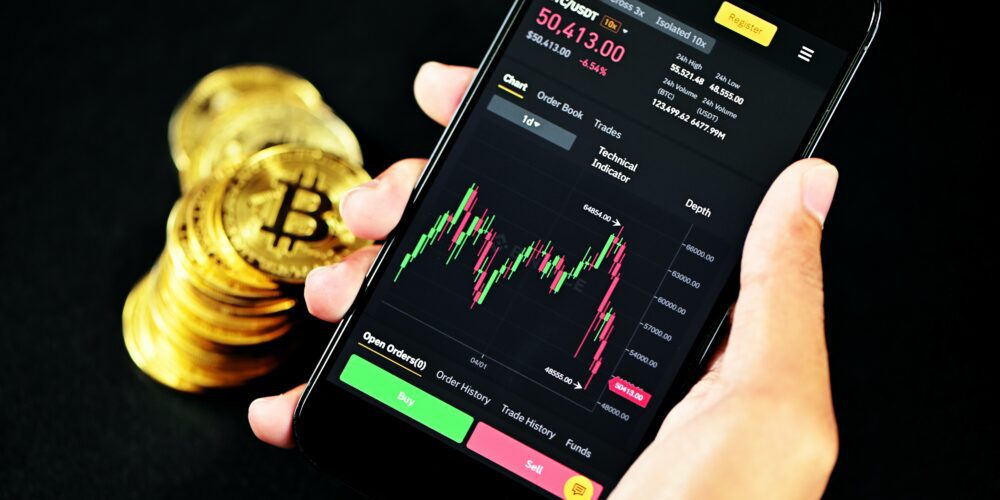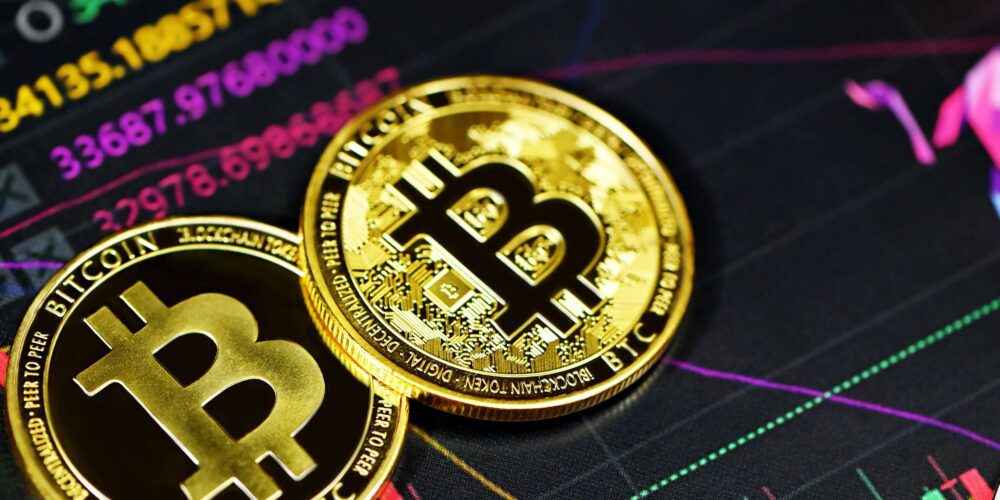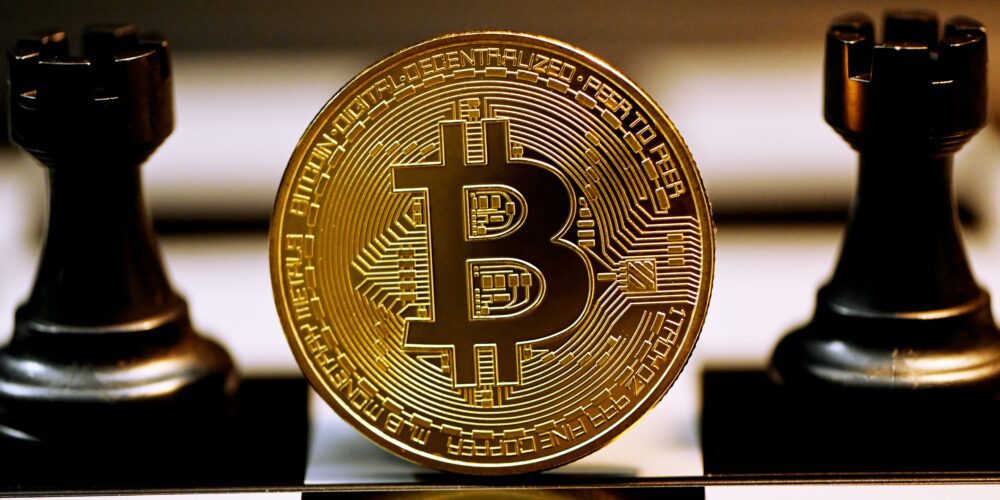Bitcoin in 2024: what will the fourth halving bring?

The Fourth Bitcoin Block Reward Halving in 2024: What You Need to Know
The Bitcoin network, one of the most popular cryptocurrencies globally, is heading towards its fourth block reward halving. According to predictions, this event is set to occur in April 2024. However, this time, the block reward halving will have a slightly different context compared to the previous three similar events.
High Demand Linked to Bitcoin ETF Funds
Currently, there is significant demand for Bitcoin, driven in part by the interest in Exchange Traded Funds (ETFs) focused on this cryptocurrency. This surge coincides with the expected reduction in Bitcoin supply associated with the block reward halving.
Experts Forecast Long-Term Bitcoin Price Growth
Economists and cryptocurrency market analysts predict a long-term increase in Bitcoin prices. Importantly, they do not perceive the block reward halving as a “sell on news” event, suggesting a certain level of market equilibrium.
Anticipated Supply and Demand Convergence
The current situation points to the convergence of high demand linked to Bitcoin ETF funds with the effect of the block reward halving. This sets the stage for dynamic market changes in the cryptocurrency sphere.
Bitcoin Price Predictions for the Future
According to many experts and market analyses, an increase in the price of Bitcoin ranging from $200,000 to $300,000 is expected within the next two years. This enticing prospect encourages investors to take action in the cryptocurrency market starting now.
It is worth noting that the current rise in cryptocurrency prices, including Bitcoin, may be a result of demand shock stemming from the introduction of ETF funds for this cryptocurrency in the United States.





